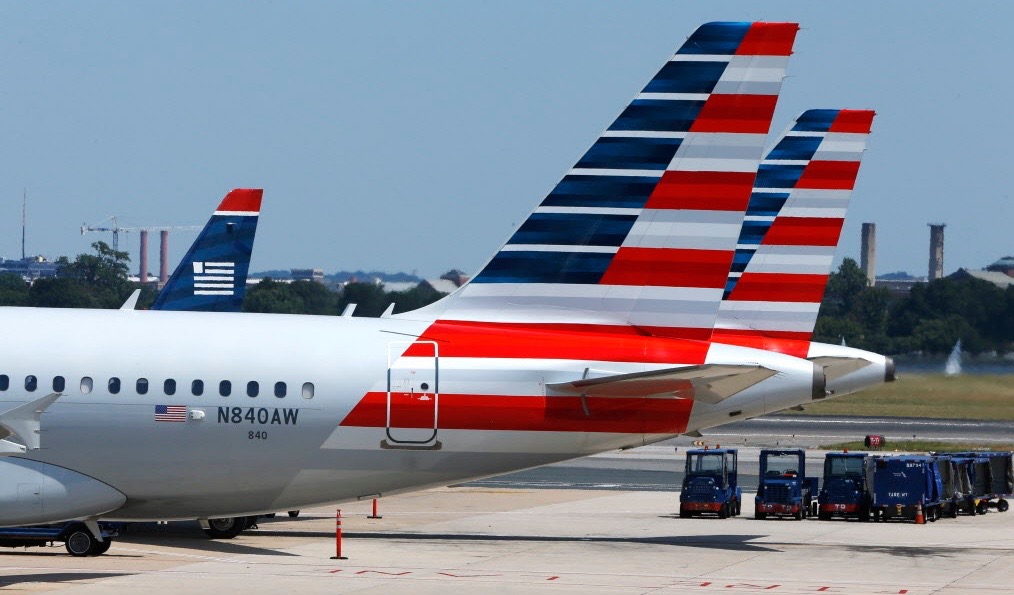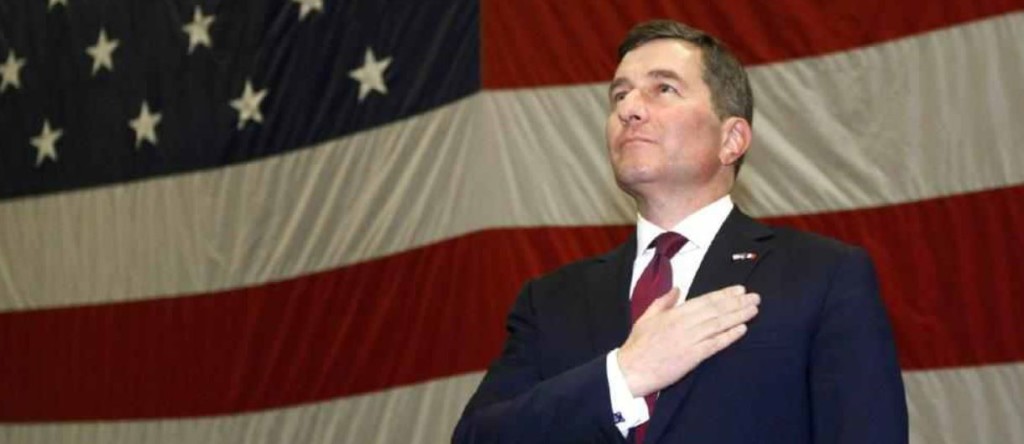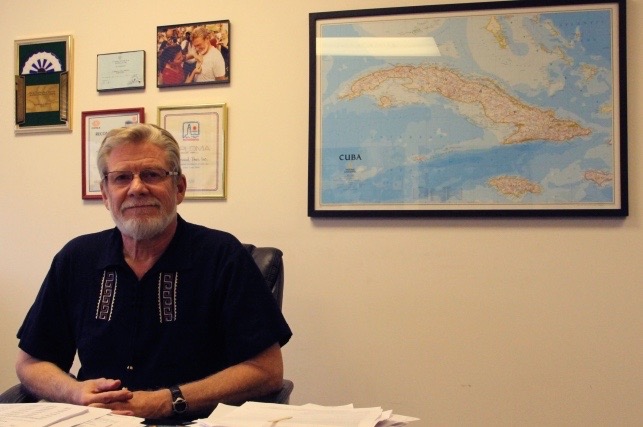
Cuba and U.S. will hold talks on air travel
Assistant Secretary of State for Economic and Business Affairs Charles H. Rivkin will fly to Havana to lead a U.S. government delegation for Civil Aviation Technical Talks between the United States and Cuba, the State Department has announced.
The talks will take place next Monday and Tuesday (Sept. 28-29) and will be “the first technical talks focused specifically on civil aviation,” according to a diplomatic official who asked to remain anonymous. They could be considered a prelude to commercial air connections.
“Expanding authorized travel with Cuba is a critical focus of the President’s new policy,” the announcement said. “An interagency U.S. Government delegation will meet with Cuban counterparts to explore the way forward on establishing scheduled air services between the two countries, and discuss aviation safety and security.
“While U.S. law continues to prohibit travel to Cuba for tourist activities, a stronger civil aviation relationship will facilitate the strong growth in travel between the two countries, following the recent revision of regulations for authorized travel.”
[The Treasury Department has issued general licenses within 12 categories of authorized travel for many travel-related transactions to, from, or within Cuba that previously required a specific license, i.e., an application and a case-by-case determination. For a list of the categories, click here.]

According to the State Department’s website, Rivkin, a former U.S. Ambassador to France, “leads a bureau at the U.S. State Department that is responsible for managing trade negotiations, investment treaties, economic sanctions, transportation affairs, telecommunications policy, international finance and development related issues, as well as intellectual property right protection.”
“The Bureau is also the State Department’s primary link to the private sector through its Office of Commercial and Business Affairs, which supports U.S. business interests overseas.”
Key issues the sides must discuss are aviation safety and security, a State Department official told the news agency Reuters. The Federal Aviation Administration and Transportation Security Administration must sign off on Cuba’s operations, although cooperation is already ongoing to accommodate specialist groups that charter U.S. airlines to fly to Cuba.

Marazul Charters, a pioneer in the travel to Cuba industry, is one of the main charter companies currently carrying passengers the island. It operates daily flights to Cuba. Bob Guild, Marazul vice president, was asked how these potentially new possibilities would affect the company’s operation.
“Transitioning in the middle of high season from an all-charter operation to regularly scheduled flights plus supplementary charters will certainly be difficult logistically but we welcome the challenge,” said Guild. He stressed that “Marazul would welcome the resumption of regularly scheduled flights after so many years. It is another step forward in the process to normalize relations between our two countries. We believe it will be of great help to our friends and clients providing easier accessibility and lower costs.”
The United States will also address the potential for Cuba’s state-owned carrier, Cubana de Aviación, to share its flight codes with U.S. airlines and sell tickets on flights operated by U.S airlines, according to the official cited by the news agency.
The official added that Cuba is aware that it would be challenging for Cubana de Aviación to fly to the United States, the Reuters report pointed out. For one, some Cuban émigrés might claim its planes as compensation for their property confiscated during the Cuban revolution.
U.S.-Cuba travel has been severely restricted since July 1963, when the Treasury Department’s Office of Foreign Assets Control (OFAC) prohibited all travel-related transactions with Cuba. That ban was lifted by President Jimmy Carter in 1977 and direct charter flights were authorized.


